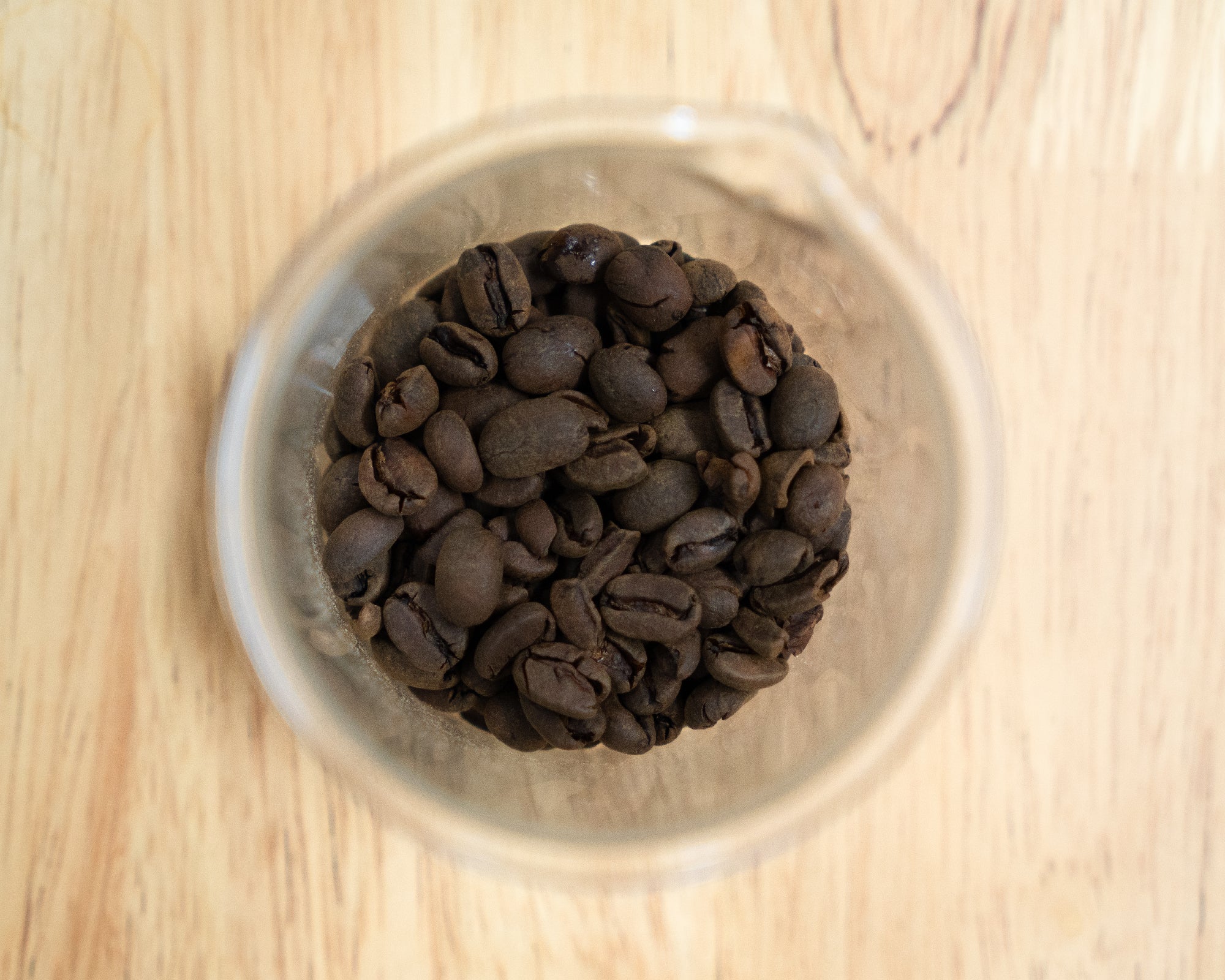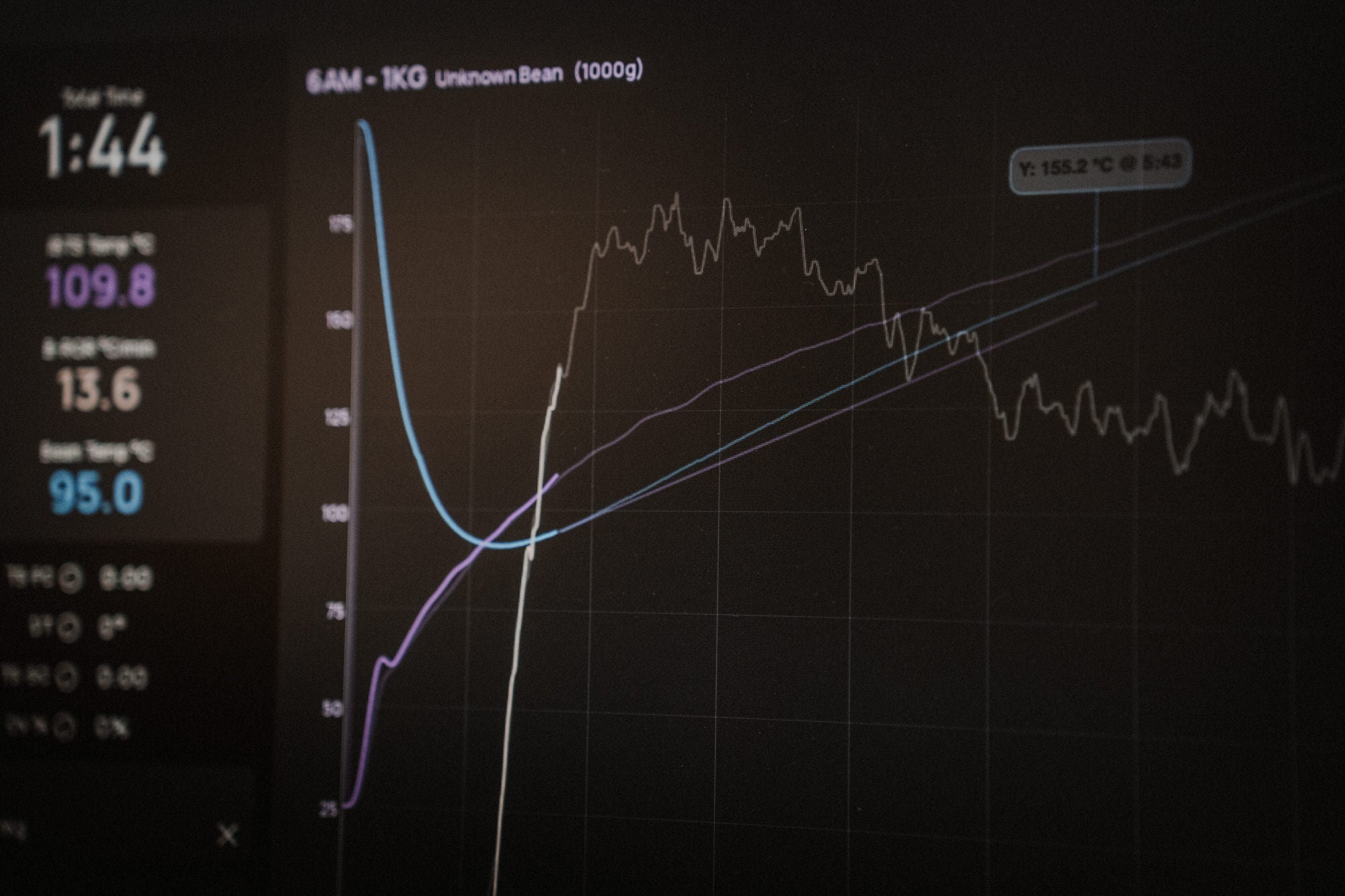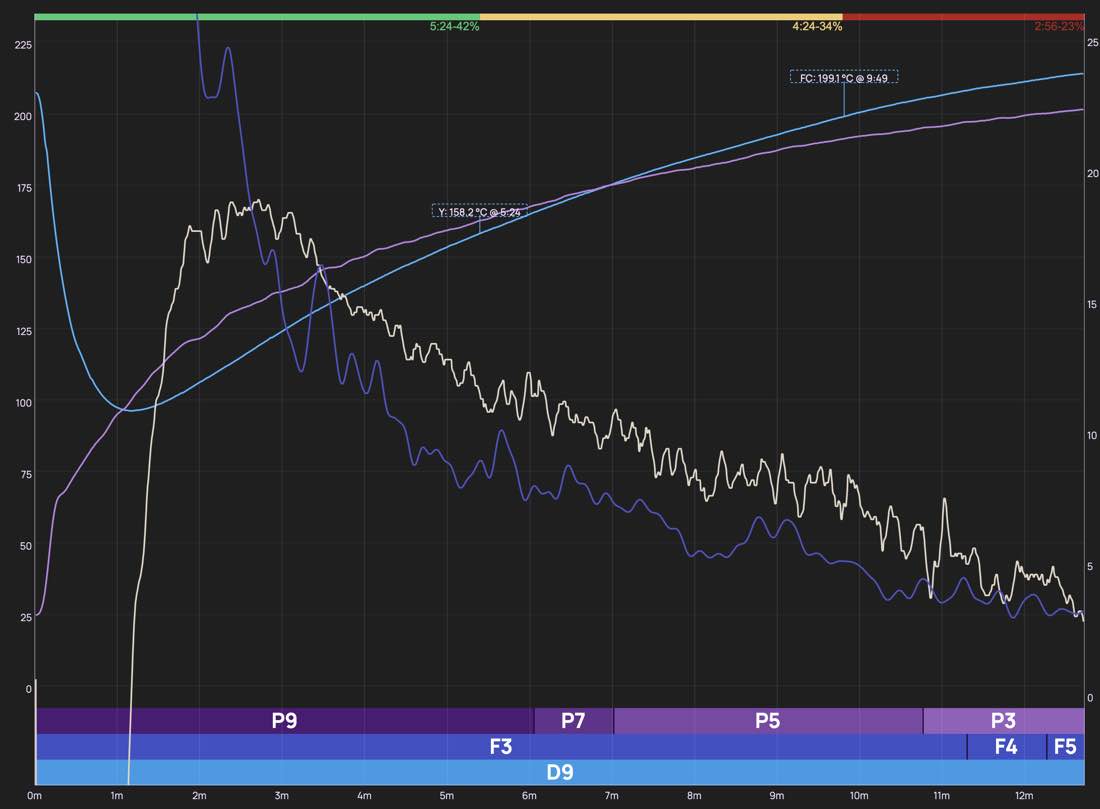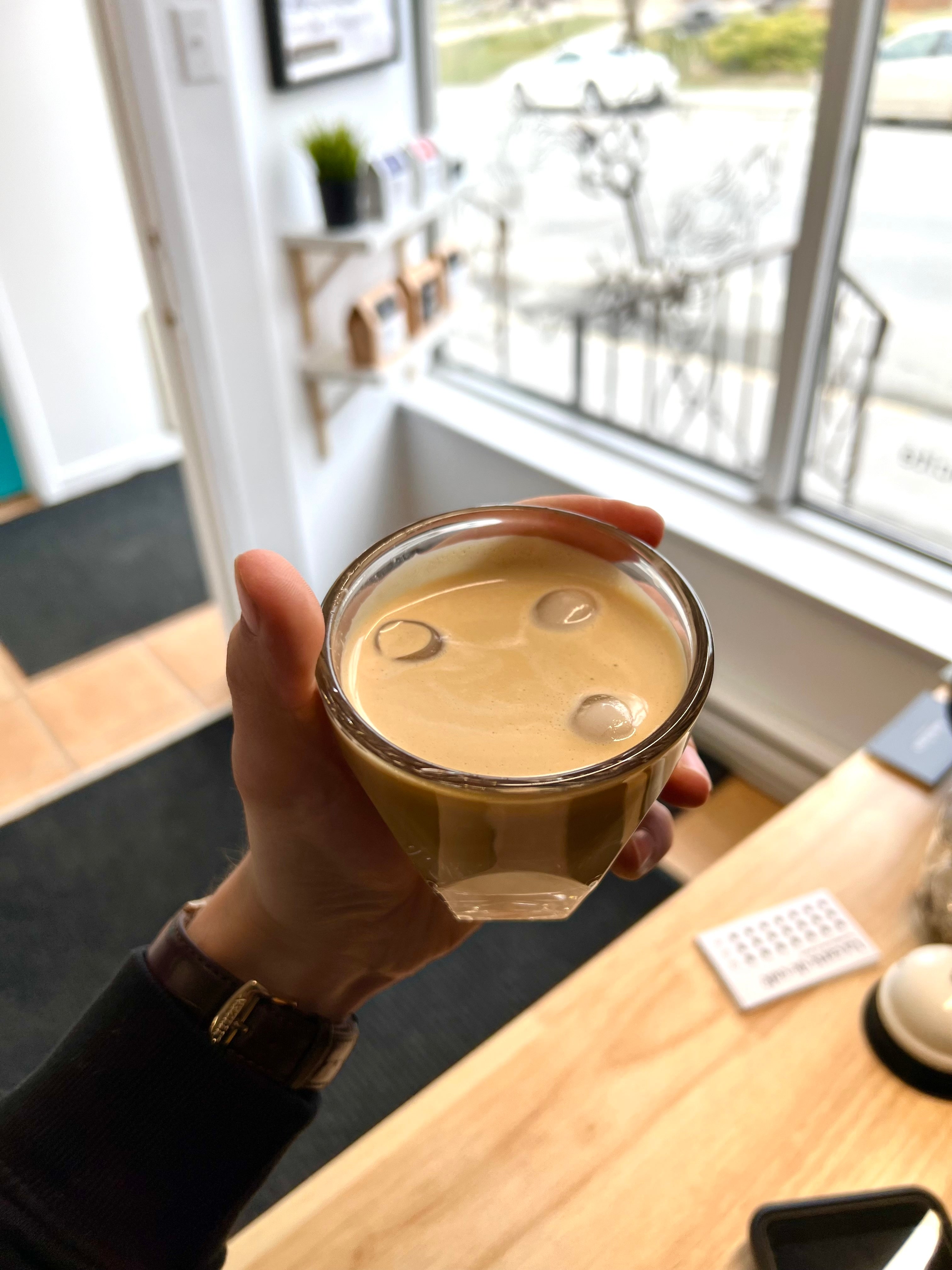Free shipping across Canada 2 bags or 1kg 🤩
What is baked coffee? (A common roasting mistake)
Last edit Sep 2, 2023 ● Published Jun 8, 2023 ● Jasmin Tétreault
During my time in the coffee industry, I've sampled a spectrum of coffees - some extraordinarily delightful, while others fell short. I distinctly remember instances when my roasting process couldn't capture the exceptional flavors I had previously tasted. As a devoted coffee roaster, my mission is to extract the nuanced flavors hidden within the beans, and I relentlessly seek solutions when I fall short.
Early on, I learned about baked coffee, a widespread roasting error. Some are even trained in this method! Let's explore this aspect of roasting and understand your coffee better.
The Nature of Coffee Roasting
Coffee roasting is a necessary step of coffee production and holds the key to unlocking the flavors and aromas stored within the green coffee beans. Every roast manipulates the beans in distinct ways, leading to a range of outcomes – from light, medium, to dark roasts.
As I interpret it, roasting coffee simply accentuates its inherent qualities embedded in the green beans. It doesn't enhance the coffee, but a misstep during roasting can certainly downgrade it. Now, what transpires when the roasting veers off track? This deviation culminates in baked coffee.

The Most Common Roasting Mistake
Baked coffee predominantly arises not from an intended roasting style, but rather an improper roasting process. This is also often observed when roasters opt for flat rate of rise curves, leading to a baked flavor.
The Rate of Rise Curve (ROR)
The Rate of Rise (ROR) indicates the speed at which the bean temperature rises during a roast. Throughout the roast, the ROR generally decreases because the temperature difference between the beans and the roasting environment narrows. However, it's important to note that the initial portion of the recorded curve is misleading due to probe inaccuracies.
What Is Baked Coffee
The main cause of baked coffee is a pronounced crash in the Rate of Rise (ROR), which leads to a hollow, flat, and less sweet taste. Another factor is a long roast times with a flat ROR curve. Baked roasts can vary in degree, with a stronger ROR crash corresponding to a more baked flavor. A crash earlier in the roast will result in more baked flavors than a crash at the end.
When brewed or cupped, baked roasts lose tartness and sweetness. Green quality is sometimes wrongly blamed for the loss of acidity and sweetness, but it is usually the baked roast causing the problem.
Identifying Baked Coffee
I spend a lot of time learning how to avoid crashes in ROR and it paid off in the outcome of my coffee. Needless to say, I will never revert to crashing RORs. What helped my roast quality the most is cupping blindly.

Avoiding Baked Coffee: Best Practices
In my tests, here is how I learned to avoid baked coffee. These are a few best practices:
- Accurate measuring: To accurately evaluate the nature of the RORs curves, I use a smaller bean temperature probe. I use a 3mm but a 4mm diameter probe works fine too. By ensuring that the probe indicates the turning point no later than 1:30, I know that my probe is reactive enough to be able to gather valuable insight.
- Proper Heat Management: Leaning to apply adequate heat to prevent the coffee from baking. The aim is to maintain a steadily decreasing rate of rise throughout the roasting process.
- Tasting and Evaluation: Regular cupping sessions helped me tremendously identify roast defects and improve my roasting process. Every batch of roasted coffee should be tasted to ensure quality and consistency.
Conclusion
My journey towards achieving coffee excellence is paved with continuous learning and innovation. The invaluable lessons from my mistakes have honed my skills. Crucially, I've learned that roasting doesn't enhance, but reveals, the innate qualities of coffee beans.
The key lies in understanding the characteristics of the beans, the intricacies of the roasting process, and the repercussions of each factor has on the final product. Regrettably, baked coffee is a common issue, undermining the roasters' responsibility to present coffees in its best form.
The ultimate key to making perfect coffee?
Freshly electric roasted specialty beans

Eldorado - Best seller for 3 years
An affordable specialty coffee from Brazil. Medium roast with comforting chocolate aromas. Ideal for a well-balanced, smooth, and comforting espresso.
Eldorado is produced by the Barbosa farm in Brazil, a partner of Nucleus for 3 years now.




Comments
Merci pour l information Un grain de café trop pale pourrait il être recuit ?
Your comment